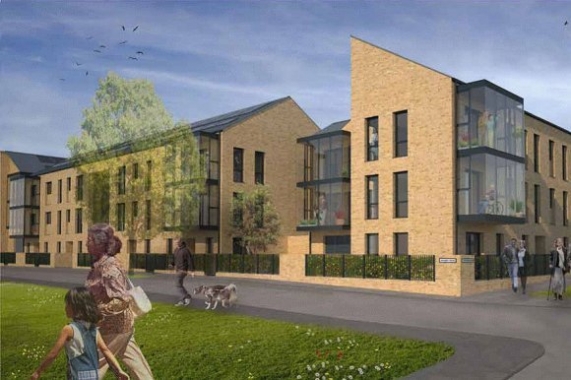Adequate and affordable housing key lever for employment
Greater well-being for Europeans
Brussels, 9 April 2014 | Published in Economy, Social
How can adequate and affordable housing be used to combat unemployment? We invite you to join our open discussion on Twitter using #HousingEP14
On April 2nd we have launched our manifesto of demands and proposals in light of the upcoming European Elections. We have identified "9 paths to better homes for a better Europe". This is the ultimate goal for our organization; to deliver better homes to as many people as possible, so that we have a better quality of life in Europe. Over the next weeks until the elections, let us guide you through our solutions in detail.
The situation in brief:
The European Commission and Member States have agreed to combat youth unemployment in Europe, which has increased from 7.1% in 2008 to 10.6% in the third quarter of 2012 and 10.7 % in December 2013 with a youth guarantee in regions with a youth unemployment rate above 25 %. Financial support to offer training opportunities for young people is crucial. But it must be accompanied by measures to increase labor mobility, which includes the provision of adequate and affordable homes near the job opportunities.
Our solution:
We can support this if the EU helps us to deliver sufficient housing supply in areas with high economic growth so we can attract young (in particular low-skilled) workers. In deprived neighborhoods there is a need to attract middle-income households and entrepreneurs to help regenerate the area. EU policies should support these efforts and it should further support Member States efforts for renovations and refurbishment.
Read MoreIn return, we can use renovation to combat unemployment.
- In Sweden, for example, it is estimated that up to 50,000 jobs could be created in socially disadvantaged areas if refurbishment is carried out with a focus on local employment and entrepreneurship. This in turn requires effective ways for local learning and skills-development.
- In Denmark, the social housing organizations have focused on creating apprenticeships when renovating. As a result, there are currently twice as many opportunities for apprenticeships in social housing renovation as the national average.
Efforts like these require the bringing together of a range of different actors from the private and public sector as well as local NGOs. This creates social innovation and change for the benefit of the individual tenant, the local community and the society as a whole.
In fact, for 10 jobs created within a renovation program, 7 indirect jobs are created in the community and elsewhere.
80,000 jobs have been lost in France in the last two years in the construction sector, the refurbishment of building stock is an opportunity that cannot be missed.